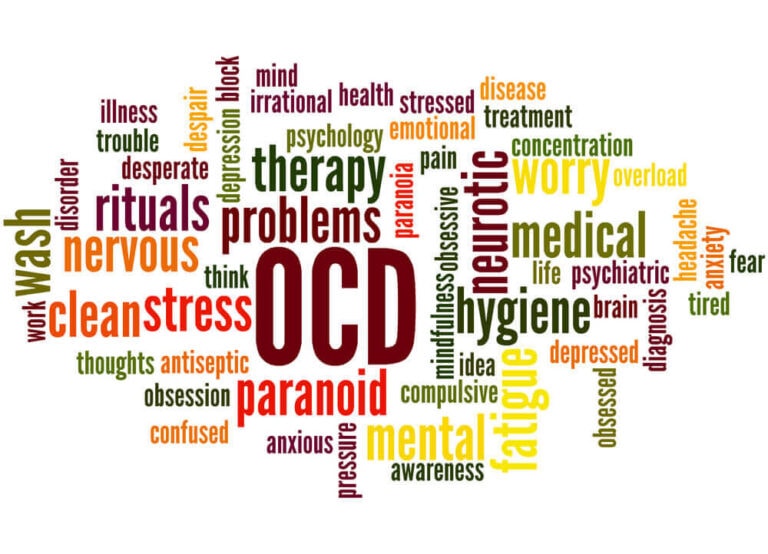Switching to Zoom forever may be convenient but can it lead to loneliness? Since COVID-19, millions of people have adapted from working in an office to working at home, and now this “work from home” trend has become the norm, even if some people are starting to flock back into office life. For businesses, having employees work from home means they can cut costs by not having to lease an office building, and employees living in big cities save tons of time and aggravation, not having to sit in city traffic to drive to work. Having the flexibility to run errands, do house chores, and spend time with the kids while having meetings, not weaning pants, seems like a great work style, but is it really all it’s cracked up to be?
Remote work is linked to loneliness
Whether we identify as introverts or extroverts and whether we even “like being around people ”, as humans, we are still social creatures. We need social connections to thrive, some more than others. So it is not surprising that many studies have highlighted the relationship between loneliness and remote work. In research conducted about remote work among journalists more than a decade before the pandemic, organizational psychologist Lynn Holdsworth found that full-time remote workers experienced increased loneliness over office workers by 67%. Based on data from 2019, the 2020 State of Remote Work report showed that loneliness is the biggest struggle remote workers face, tied to collaboration and communication problems. Work is where most adults have social interactions, and many office employees say that the friendships formed with their colleagues are one of the most important aspects of their work environment. Being in an office environment also allows for growth and development on collaborative projects, which can improve interpersonal communication skills.
Isn’t Zoom enough social interaction for remote workers?
Most of us have never used Zoom or virtual meeting software before the beginning of the COVID-19 pandemic. Now that we are practically experts at Zoom, shouldn’t this be enough social interactions with our colleagues? Unfortunately not. In the first study to examine the effects of Zoom since the pandemic’s onset, psychologists at the University of California at Los Angeles and the University of Cambridge surveyed 119 young adults on their mental health and found that “there was no association between the frequency of virtual social interactions and well-being.”
How does loneliness affect our mental health?
Loneliness has a way of creeping up on us when we least expect it. Over time, loneliness can result in depression, dampened creativity, decreased productivity, burnout, and increased job turnover affecting both the employees and the employers. Lonely individuals may turn to other vices to help cope with their feelings of isolation, and these can be alcohol, drugs, or turning to abusive relationships.
Can remote work affect the lack of job opportunities?
Working remotely means fewer face time interactions and fewer social interactions in general. How are you supposed to demonstrate your stellar leadership skills when sitting at home in front of a computer? Your positive attitude and ability to collaborate with others may be overlooked by your boss, who is looking to promote certain employees. Because employers have a hard time judging these characteristics through a computer screen, there may be a major delay in promotions. In the long run, this can cause significant damage to the hierarchical structure of a company.
Working remotely is not the same for everyone
Although working remotely does breed isolation and, as a result, can harm our mental health and productivity, for some people working remotely suits their lifestyle. Maybe they can go into an office to work in a “hybrid” environment, or maybe they spend a few hours each day socializing with people at coffee shops, with their loved ones, or tend to meet people in social gatherings. Some remote workers spend their free time during the day outdoors and have the flexibility to work while traveling, and this may offset their feelings of loneliness.
When to seek help
Regardless if you feel lonely or not when you are working from home, it is important to be aware that working remotely is highly linked to feelings of isolation which can kick you down a slippery slope if you do not take actions to combat these feelings of loneliness. If loneliness starts to creep up on you, change your work setting, seek out coffee shops, and work spaces, or ask your boss if there is a company office nearby. If you have been lonely for quite some time to the point that your overall happiness and mental health are taking a hit, it may be time to seek therapy and change jobs.



